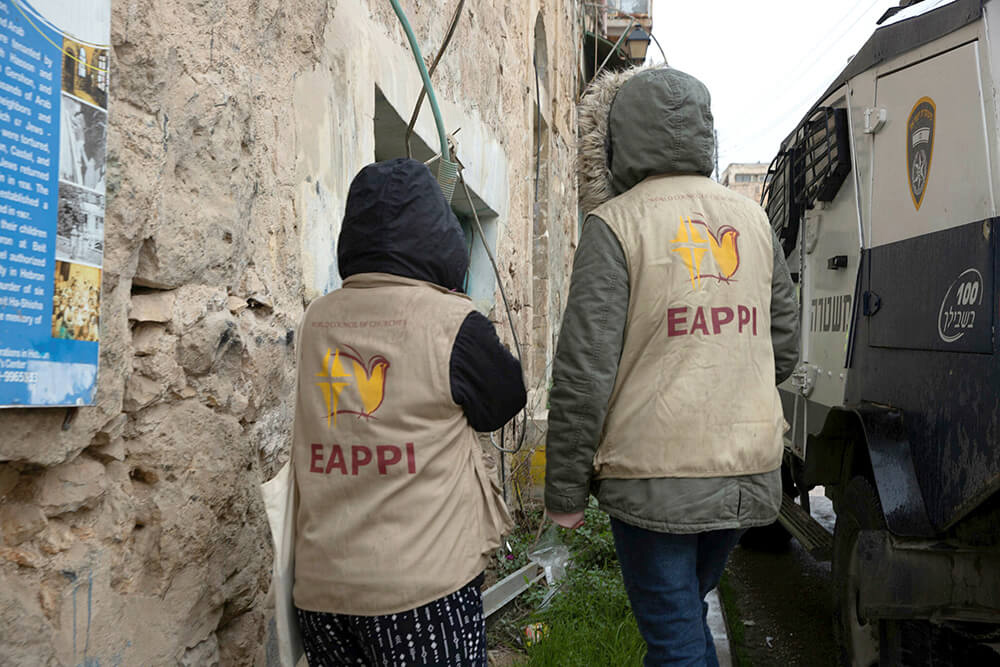 Polacy i Żydzi – skąd te problemy?
Polacy i Żydzi – skąd te problemy?
Eugeniusz Noworyta
 To zastanawiające: lata wspólnej historii i te nagłe wybuchy wzajemnych oskarżeń, podejrzeń i niechęci. Trudno szukać pocieszenia w ostatnich sondażach wykazujących, że Żydzi nie są już liderami nacji najbardziej znienawidzonych przez Polaków i czerpać satysfakcję z tego, że ich miejsce zajęli Arabowie, bowiem emocjonalne napięcie, jakie towarzyszy polsko-żydowskim sporom osiąga taki poziom, że dotyka najczulszych sfer ludzkiej egzystencji i rodzi pytania o jakość charakterów poszczególnych jednostek i całych narodów.
To zastanawiające: lata wspólnej historii i te nagłe wybuchy wzajemnych oskarżeń, podejrzeń i niechęci. Trudno szukać pocieszenia w ostatnich sondażach wykazujących, że Żydzi nie są już liderami nacji najbardziej znienawidzonych przez Polaków i czerpać satysfakcję z tego, że ich miejsce zajęli Arabowie, bowiem emocjonalne napięcie, jakie towarzyszy polsko-żydowskim sporom osiąga taki poziom, że dotyka najczulszych sfer ludzkiej egzystencji i rodzi pytania o jakość charakterów poszczególnych jednostek i całych narodów.
Przyczyny tych konwulsji we wzajemnych stosunkach próbują od lat wyjaśniać uczeni, świadkowie wydarzeń, duchowni, dziennikarze, politycy i wyspecjalizowane instytuty, ale najczęściej ich konkluzje, zazwyczaj niepozbawione subiektywnego spojrzenia, stają się źródłem kolejnych kontrowersji i zamiast niwelowania różnic, prowadzą do ich zaostrzenia. Jak sobie z tym poradzić w obliczu prawdy, że ta sytuacja rodzi niszczące skutki dla obu narodów i ma destrukcyjny wpływ na młode pokolenia?
Jeśli pominąć instrumentalne wykorzystywanie tej problematyki w celach politycznych, gospodarczych i jakichkolwiek innych przez polityków oraz różne grupy interesu i poszczególne jednostki – należałoby przyjąć, że głównym motywem ich działania jest dążenie do oparcia polsko-żydowskich relacji na prawdzie. Jednak w dążeniu do jej ustalenia oprócz wielkich emocji, można też dostrzec dużą rozbieżność w dziedzinie metod opisywania rzeczywistości. Być może, przy założeniu dobrych intencji wszystkich stron, właśnie w tym obszarze rodzi się najwięcej kontrowersji. Oto niepełny wykaz zróżnicowanej metodologii w podejściu do omawianego problemu.
Generalizacja pojedynczych zdarzeń. To częsty przypadek, wynikający z przemożnego dążenia do jednoznacznego zakwalifikowania opisywanego problemu według czarno-białych kryteriów, bez żadnych szarości i niejasności. Autorzy takich tekstów nie przywiązują wagi do uwarunkowań ani argumentów oponentów i formułują uogólniające wnioski według z góry przyjętych konkluzji. Ich prace, w zamyśle demaskatorskie, budzą zdecydowany opór i zamiast edukować, a co za tym idzie poprawiać świat, utrwalają zadawnione podziały i stereotypy.
Podobne efekty rodzi dosyć rozpowszechniona metoda szacunkowa w określaniu rozmiarów popełnionych przestępstw i doznanych krzywd. Zaskakuje łatwość, z jaką niektórzy badacze i politycy mnożą udokumentowane przypadki i – bez niezbędnych dowodów – sugerują dziesiątki, setki, a nawet tysiące podobnych zdarzeń. W ten sposób pęcznieją liczby ofiar, a zło wyrządzone bliźniemu nabiera monstrualnych rozmiarów, przestaje być słusznie napiętnowanym odosobnionym czynem, a staje się regułą. W takim ujęciu zanika podział na dobrych i złych, bo pod pręgierzem staje cała społeczność: Polaków lub Żydów, zależnie od tego, kto dokonuje rozliczenia historii. Zamiast edukacji, taka metoda powoduje irytację.
Niszczące skutki rodzi powracająca z uporem metoda wykorzystywania różnych, trudnych epizodów wzajemnych relacji, zadawnionych urazów, nieufności, niechęci i stereotypów do celów bieżącej walki politycznej. Te działania są szczególnie destrukcyjne, bo nacechowane cynizmem zaślepionych walką o władzę polityków, pobudzają ciemne strony ludzkich charakterów: antysemityzmu i antypolonizmu. Zamiast zbliżenia, mamy wzajemną pogardę i nienawiść.
Wiele złego wynika z metody relatywizacji cierpienia. Słusznemu żądaniu uznania wyjątkowości Zagłady często towarzyszy niedocenianie cierpienia innych. Dla Polski jest to szczególnie bolesne, zważywszy skalę represji i ofiar, jakie poniosła polska ludność z rąk niemieckiego okupanta. Ten spór o to, kto więcej wycierpiał – prowadzi na manowce i usuwa w cień sprawców wojennych zbrodni. Podobną rolę spełniają oskarżenia o wykorzystywanie cierpienia w charakterze instrumentu do załatwiania różnych przyziemnych interesów. Uważnego podejścia wymaga wyraźne rozgraniczanie ofiar od sprawców, ponieważ brak precyzji w tym zakresie, czego doświadczyliśmy niedawno, rodzi nieintencjonalnie poważne perturbacje w stosunkach polsko-żydowskich.
Następstwa nowelizacji ustawy o IPN wprowadzające penalizację nieprawdziwych opinii o polskim współsprawstwie w niemieckich zbrodniach, wskazują na nieskuteczność metody regulowania kontrowersyjnych problemów historycznych w drodze przepisów prawa. A jeżeli już stosuje się takie instrumenty, to trzeba zadbać o precyzję terminologii, aby wykluczyć jej różne interpretacje i oskarżenia o próbę negowania ciemnych stron historii i atak na wolność słowa (zwłaszcza świadectwa ocalonych).
Nieprzemyślane lub intencjonalne działania polityków prowadzą do erupcji niedobrych emocji, utrudniających utrzymanie dobrych stosunków między państwami. Zbyt często na potrzeby partyjnej polityki podważany jest wysiłek wielu ludzi zaangażowanych w przezwyciężanie stereotypów i budowę przyjaznych relacji między narodami. Aby to zmienić, niezbędna jest zmiana podejścia i oddzielenie trudnych problemów historii od bieżącej polityki oraz pozostawienie rozstrzygania wątpliwości i ustalanie faktów badaczom i instytutom naukowym. Istotna rola przypada edukacji, zwłaszcza młodych pokoleń oraz wyjaśnianie kontrowersji w drodze dialogu, a nie przy użyciu kampanii propagandowych.
Dobrze radzi Szewach Weiss: miejmy w pamięci 800 lat wspólnej historii, a przy ocenie budzącego największe kontrowersje okresu drugiej wojny światowej nie zapominajmy, że oba narody, polski i żydowski, były ofiarami niemieckich zbrodni.
Czy politycy posłuchają tej rady i swoje działania zechcą umieścić w takim kontekście? Czas pokaże.
Eugeniusz Noworyta




